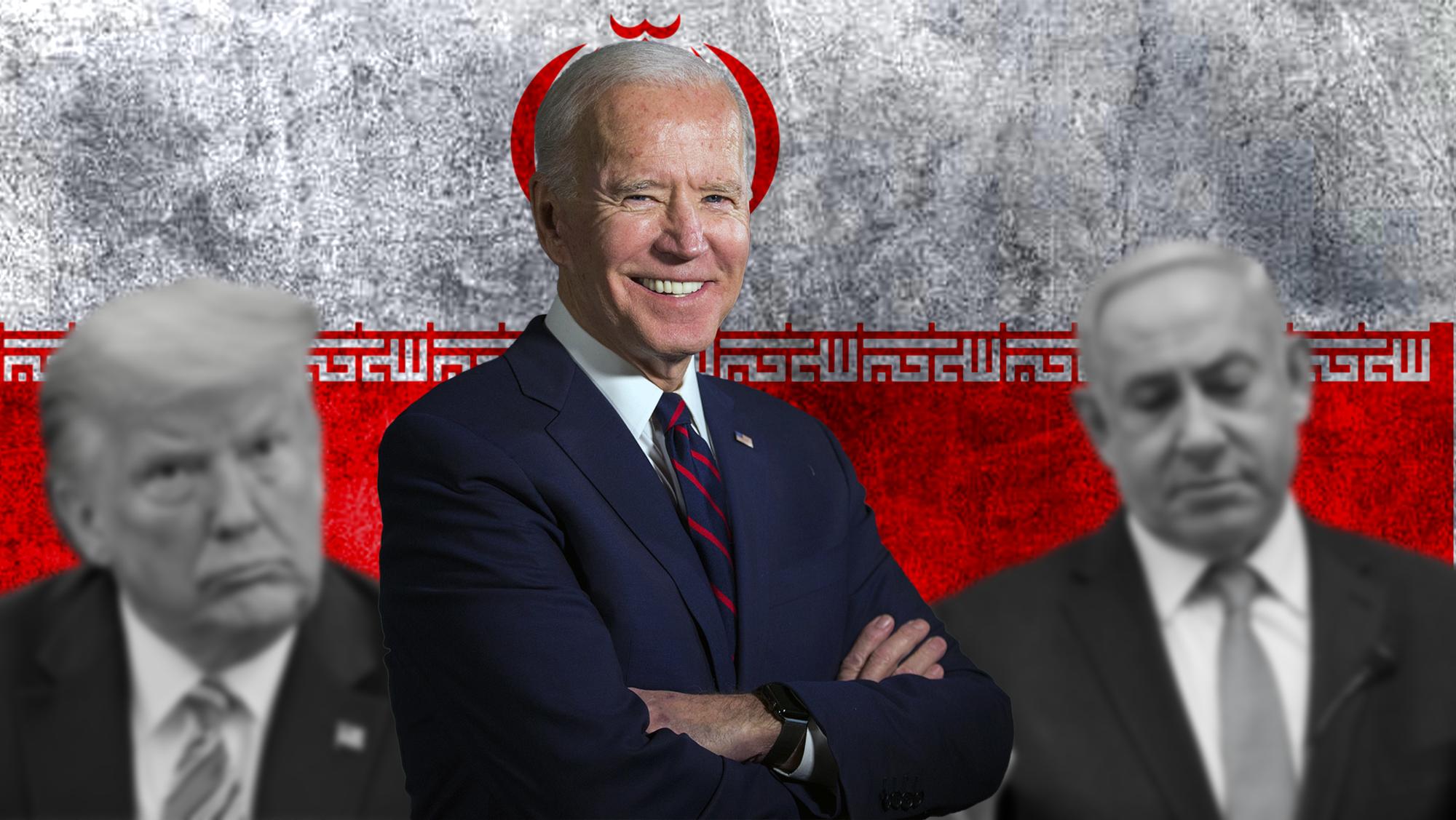The consolidation of a coalition agreement between Naftali Bennett and Yair Lapid not only appears to herald the end of Prime Minister Benjamin Netanyahu’s rule, for now at least, but also removes the last major thorn in the side of parties seeking to return to the Joint Comprehensive Plan of Action (JCPOA), the Iran nuclear deal.
In 2015, former US President Barack Obama set a precedent when he promoted and signed the agreement with the Islamic Republic. It caused a rearrangement of the balance of power in the region.
Cooperation, or at least detente, with Iran was in vogue, the importance of the alliance between Saudi Arabia and the Gulf states waned, and Israel’s options for acting against Tehran were restricted.
There were many twists and turns, but the next major turning point came in May 2018, when former US President Donald Trump removed the United States from the JCPOA, and once again, the rules of the game changed.
The ayatollahs were more isolated than ever, a window was opened for the formulation of the Abrahamic Accords, and this brought with it a security cooperation that allowed Jerusalem to covertly strike Iran on an almost unprecedented scale. The change was engineered by many, but the two most prominent players were Trump and Netanyahu.
Trump was removed in November and Joe Biden was appointed to the White House in January and now, assuming the Bennett-Lapid coalition gains the trust of the Knesset next week, Netanyahu will also be leaving.
The Gulf States continue to oppose the return to the JCPOA and a Bennett-Lapid government, in which Benny Gantz stands out as Defense Minister and Gideon Saar as one of the architects of the new administration’s policy, will also have problems with that return. .
But both Gantz and Saar and Lapid have criticized Netanyahu for opposing the US policy of returning to the JCPOA. It is not yet clear what Bennett’s position will be.
But even if Bennett thinks the same as Netanyahu, he will be prime minister of a new government in which he is in the ideological minority and will have to take into account the attitudes of Gantz, Saar and Lapid on defense matters much more than Netanyahu with his ministers.
Certainly a New Bennett-Lapid government will communicate its concern to the US through the holes in the JCPOA, something Gantz could even do Thursday at his meetings in Washington.
There are also those who think that Iran’s Supreme Leader himself, Ayatollah Ali Khamenei, has not yet made a final decision on whether he wants to return to the agreement.
But the most likely scenario is that there will be a return to the JCPOA in the coming weeks, quite possibly before the June 24 deadline, when without an agreement, the IAEA inspections will end.
Some will see this as a defeat because Netanyahu was able to translate his own public criticism of the JCPOA into some gains in talks with the United States and between the Gulf states.
Some may see this as a positive move, because US-Israel relations may be less rocky if Israel’s leaders make their concerns known behind closed doors.
Of course, the JCPOA probably would have moved on even with Netanyahu in office, but with him and Trump out of the way, a return to the deal seems much more likely, and if it is sealed, it will have a major influence on the behavior of the actors. regional, including what Israel will be able to do to counter Iran’s nuclear ambitions.
–


